
Mashed pleasure
You can have it creamy or buttery, but either way the mashed potatoes are simply almost everybody’s favorite food, i.e. side dish. The appealing taste and the savor, however, do depend on the potato variety opted for prior to making the mashed potato. Luckily, today people have so many different and tasty varieties of potato to choose from, that just about anybody’s taste can be satisfied. We have at our disposal good old russets that represent a more starch rich variety, which is also characterized by low amounts of water. In case you are more in favor of baked potatoes or French fries, the above mentioned variety is the top choice for you. But, this variety can also be used for preparing the mashed potato as well, and it will most certainly not take away from its tastiness, since they get disintegrated fairly easy during cooking, and if dry-heated, they also keep their crumbly and fluffy qualities. Another extremely famous and often opted for variety is the Yukon Gold, which is a variety characterized by medium amounts of starch, as well as medium amounts of water in it. Precisely out of this reason, it is justifiably called an “all purpose potato”. When it comes to mashed potatoes, stews, soups and roasting, there just does not exist a better variety. When baked, they do not loose on their sauciness and do not become dry, but remain moist and fluffy. As far as soups are concerned, they always manage to keep their initial shape and do not fall apart and crumble at all.
Calorie counts
Well, the amount of calories this savory side dish brings to the table is what is of interest to the greatest majority of people out there.
Plain mashed potatoes – 80 g/ 66 calories/ 9 calories coming directly from fat; upside: low amounts of cholesterol and no sugar, but high in vitamin B6; downfall: high amounts of sodiumMashed potatoes combined with margarine and whole milk – 210 g/ 237 calories/ 79 calories coming directly from fat; upside: little saturated fat and cholesterol, rich in vitamin B6 and vitamin C; downfall: high amounts of sodium as wellMashed potatoes combined with whole milk only – 210 g/ 174 calories/ 11 calories coming directly from fat; upside: little saturated fats and little cholesterol, rich in potassium and vitamin C and B6; downside: sodium problem againMashed potatoes combined with whole milk and butter – 210 g/ 237 calories/ 80 calories coming directly from fat; upside: little cholesterol, rich in potassium, vitamin B6 and vitamin C; downfall: sodium problems as well.

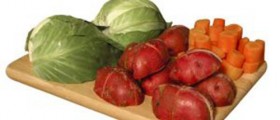
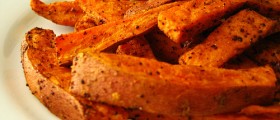
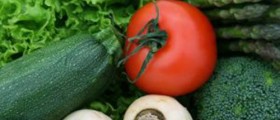
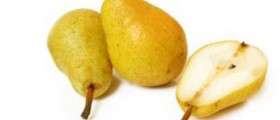

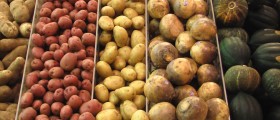
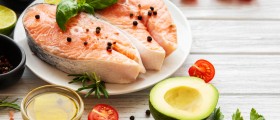
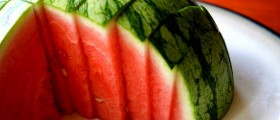


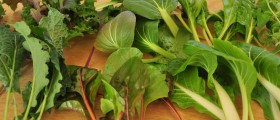


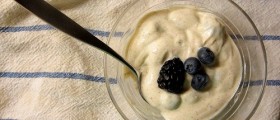

Your thoughts on this
Loading...